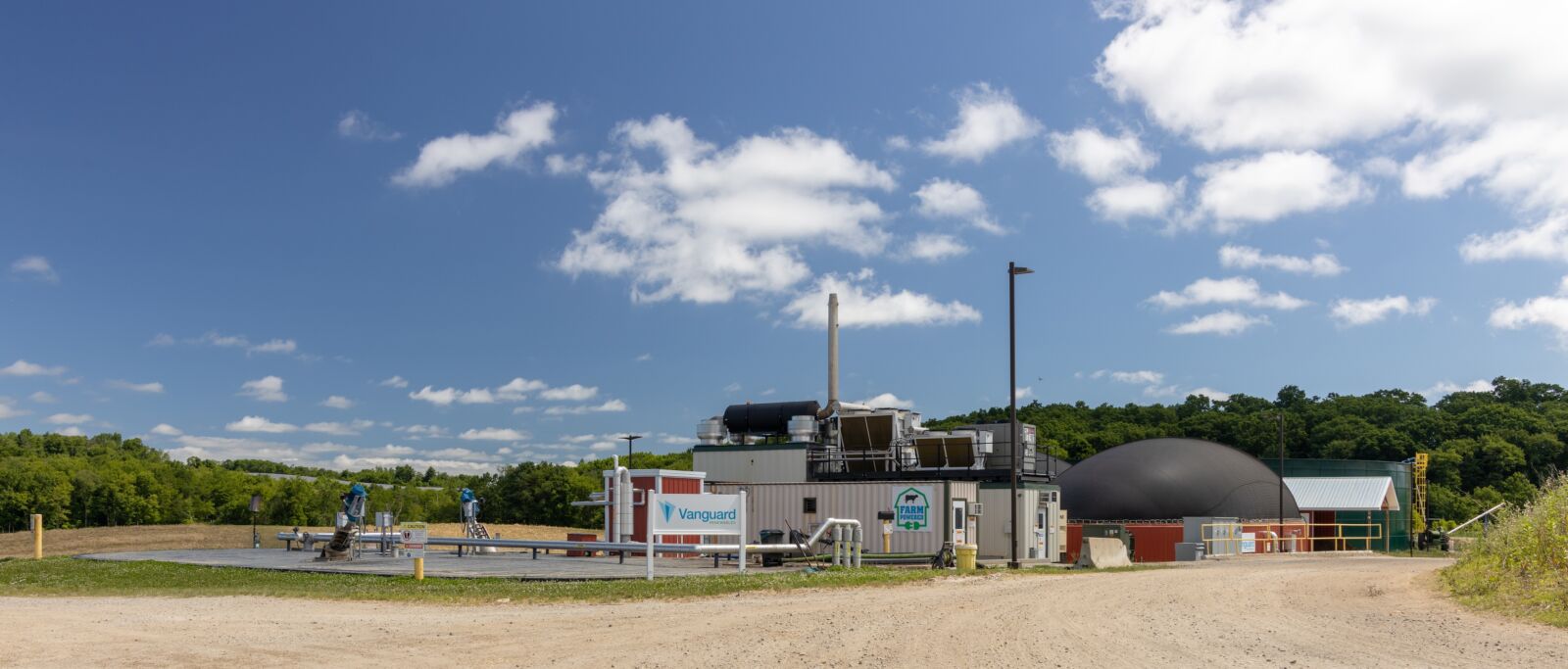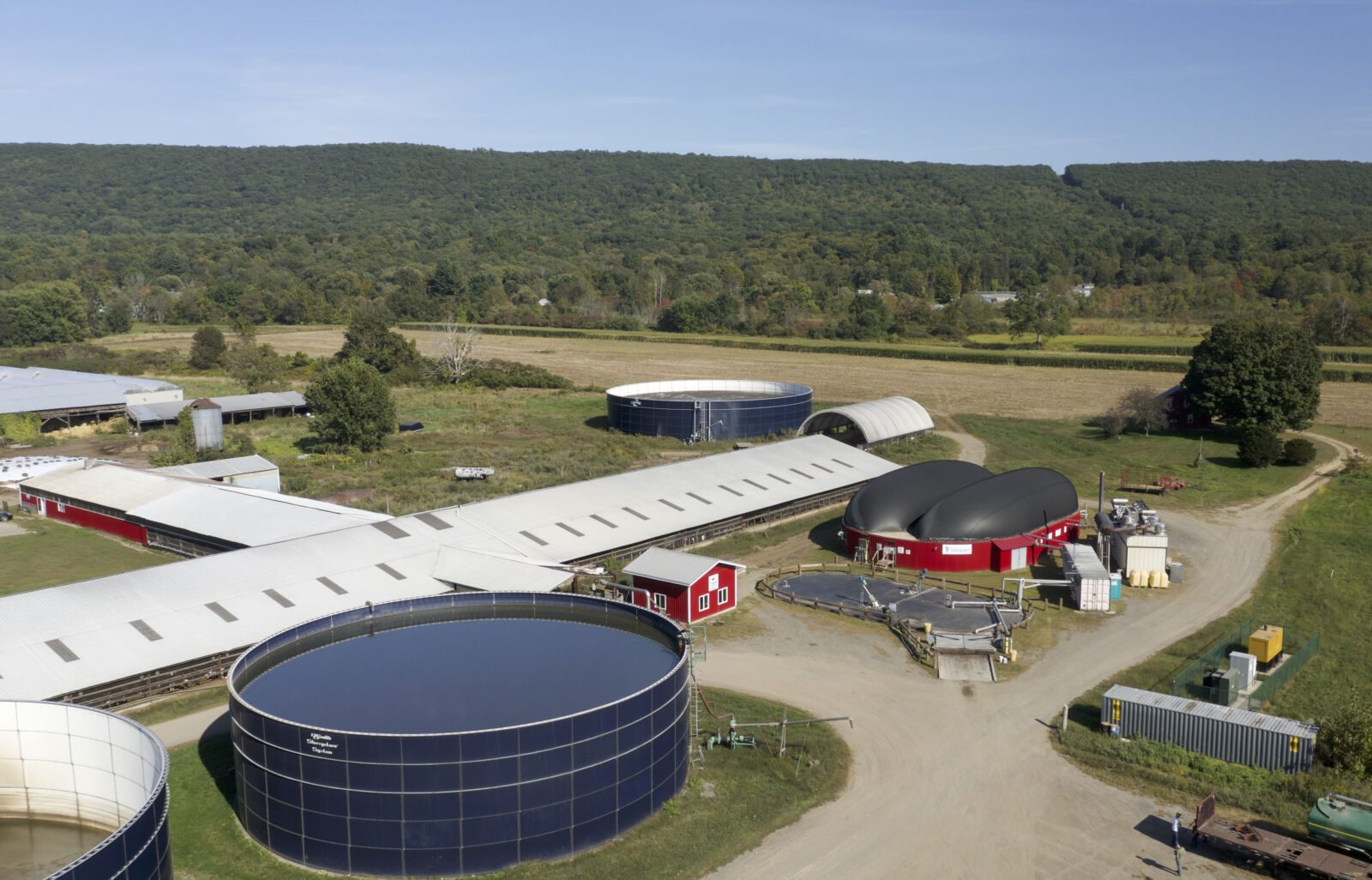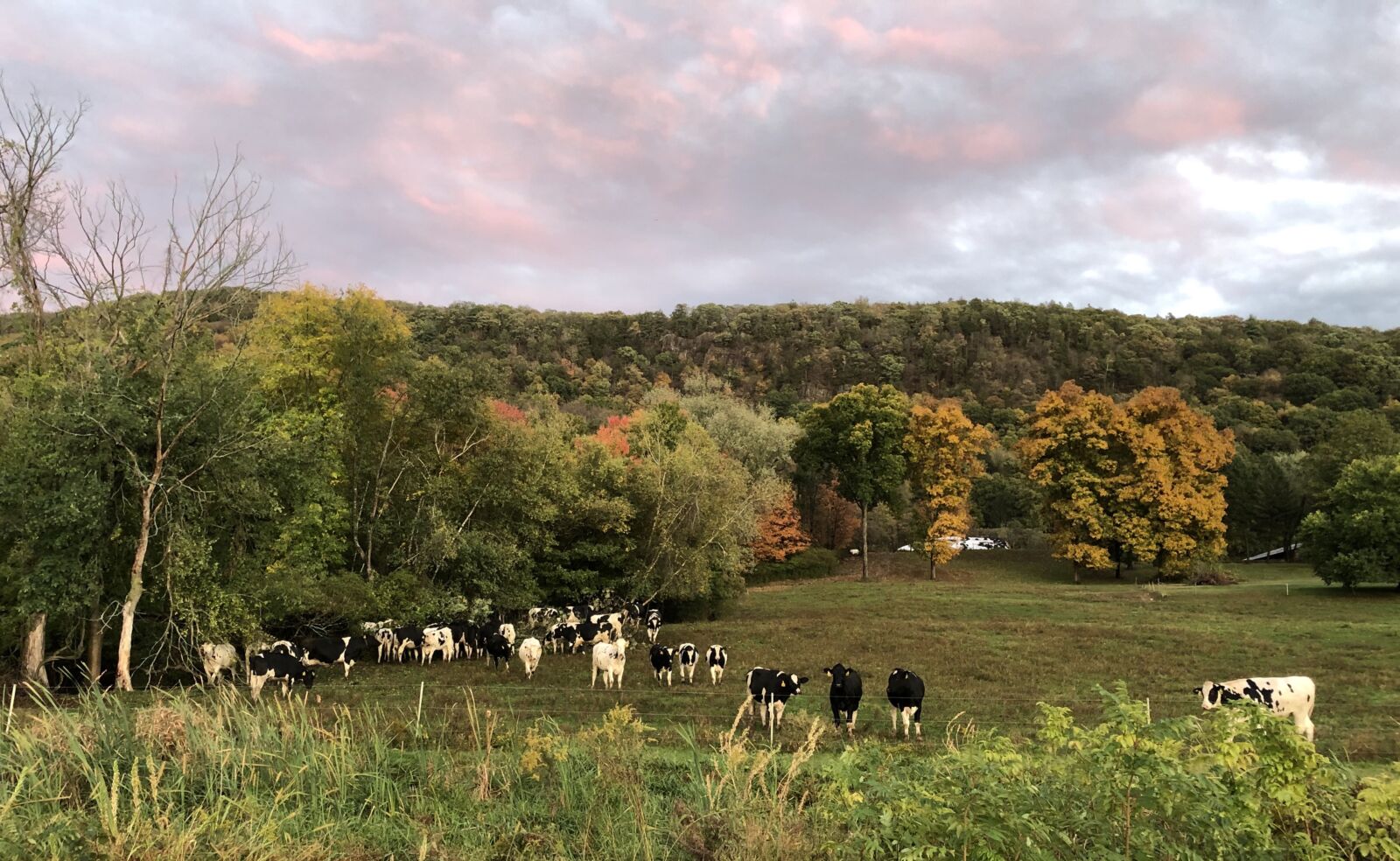
In the United States, at least 40 percent of all food produced ends up being discarded – but there’s now a win-win solution for food manufacturers. In January, Vanguard Renewables announced that Starbucks, Unilever and Dairy Farmers of America will join them in a historic quest to achieve aggressive decarbonization targets through food waste repurposing. Together, they are calling themselves the Farm Powered Strategic Alliance (FPSA). This first-of-its-kind large-scale venture will turn food waste into renewable energy with the goal of better protecting the environment, transforming the way food production works across the globe. The FPSA members are also exploring the process of decarbonizing their thermal energy usage by converting to farm-derived renewable natural gas. The alliance believes in the power of numbers. As more and more companies come together, it becomes easier to share and implement long-term commitments to avoid or eliminate food waste first and repurpose what can’t be eliminated into renewable energy.
Often, food waste is sent to landfills or incinerators. In fact, a recent survey indicated that food waste reduction was the number one solution to impeding rapid changes in the climate. The FPSA offers an incredible carbon-negative, renewable solution: discarded food is sent to farm-based anaerobic digesters to be repurposed. These anaerobic digesters capture food energy and turn it into renewable natural gas or electricity that can be used in homes and manufacturing plants. The process also produces low-carbon fertilizer that the host farms re-use. This creates a circular food economy, a powerful tool for mitigating a changing climate that also supports regenerative agriculture practice at farms across America. Congress recently threw its weight behind this initiative as well. Within the widely supported coronavirus relief package that passed in December were numerous preservation and sustainability components that were enacted. One of them was a provision greenlighting significant investment in advancing carbon capture technologies.

Having both major companies and the federal government behind these initiatives gives the American farmer more opportunities for much-needed additional revenue streams. It’s exciting news that such powerful, globally significant entities have joined in this quest, as it sets the stage for other leading food companies to begin repurposing their leftovers.
“Companies say, ‘It’s too hard for me. I just want to put all my waste out on the loading dock and have it go away at night,’” said John Hanselman, Vanguard Renewables co-founder. “Our goal is to say: no, just like you recycle cardboard and you recycle glass or plastics, now it’s time to recycle food waste, and it’s not that hard. We’ll show you how to do it successfully.”
All three FPSA member companies are setting lofty goals for the transition. At Unilever, nutrition, hygiene, and personal care brand, the company has no-carbon emissions by 2030 goal. The company’s additional goals include halving greenhouse gas emissions, and net-zero emissions for all products by 2039. Starbucks is hard at work on a huge goal of becoming resource positive, which means storing more carbon than the company emits. The coffee giant has targets to cut carbon, water, and waste footprints in half by 2030. The partnership with FPSA is a part of many eco-strategies from the Seattle-based company. The Dairy Farmers of America recently became the first American dairy cooperative to commit to a 30 percent greenhouse gas emissions reduction across the supply chain by 2030.
“Dairy Farmers of America has been working with Vanguard Renewables for more than six years to empower family farms and support a more circular economy,” said David Darr, the company’s Chief Strategy and Sustainability Officer. “Anaerobic digestion can change the economics and carbon footprint of a farm, allowing generational sustainability and energy independence. We are excited to see many more of our farms and dairy processing facilities taking advantage of the new carbon economy to make a positive impact on America.”
The commitments made by the three founding companies are just the beginning of FPSA. By committing to food-waste recycling, FPSA members have moved sustainability and regenerative agriculture to the forefront of their agendas, setting an example likely to be followed by numerous other large-scale corporations.



